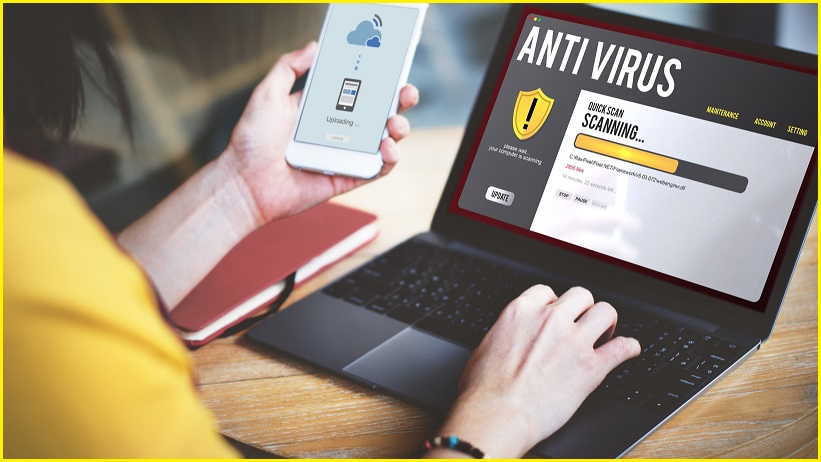In a fiercely competitive market driven by hype and fear, security software vendors live or die by their reputation – so when Czech antivirus firm Avast Software recently feted an independent testing report that put its tools well ahead of its rivals, its stellar detection rate seemed like a marketing slam-dunk.
The company’s Avast Free and Avast One products both blocked 99 per cent of the 250 phishing URLs thrown at them by independent Austrian antivirus-testing firm AV-Comparatives, the report found, putting it ahead of rivals like Avira (97 per cent), McAfee (93 per cent), Kaspersky (90 per cent), Bitdefender (89 per cent), NortonLifeLock (70 per cent), and Malwarebytes (61 per cent).
Its Avast Secure Browser also rated highly, blocking 95 per cent of threats compared to Microsoft Edge (80 per cent), Mozilla Firefox (77 per cent), Opera (56 per cent), and Google Chrome (34 per cent).
“For many years, Avast’s threat detection engine has been a standout performer,” said AV-Comparatives founder and CEO Andreas Clementi in a glowing appraisal as the results were published.
“Recently, Avast has excelled in the anti-phishing category, which is bad news for opportunistic cybercriminals who often depend on the high success rates of phishing attacks as a means of generating greater return on investment.”
It’s a ringing endorsement, until you read the fine print – which explains that the report was not only sponsored by Avast, but that the company “selected the products to be tested”.
Look a bit further, and you’ll learn that Avast has become an asterisk in other companies’ comparative testing: tech-testing giant CNET, for one, failed to mention Avast in its latest list of recommended security tools, instead reminding prospective users of the recent discovery that Avast was collecting and selling user data through subsidiary Jumpshot.
That incident put consumer-affairs advocates into a tailspin, with Consumer Reports suggesting in early 2020 that it was time to stop using Avast software even as the software vendor argued that its founders “are passionate defenders of the right to privacy.”
Whether or not that is now true will be beside the point for many IT decision-makers at businesses large and small, who just want to know they can rely on their security software and on independent reports to choose the best protection they can find.
Is there really any difference?
Although the Avast-sponsored research suggests that company’s technology is head and shoulders above its rivals, larger tests suggest the race between security suites is in fact a photo finish.
AV-Comparatives’ latest Business Security Test, for example, found that 13 different vendors’ tools – including those from Avast – detected and blocked 99 per cent of malicious websites.
That was an improvement from the 2020 tests, in which only 10 vendors detected 99 per cent or more of threats, and security tools raised far more false alarms.
Avast scored well in both comparisons, while Kaspersky – which has, CNET also pointed out, long-fought insinuations that it has ties to Russian-government interests – topped the chart in both years.
Improvements in antivirus technology are tied to use of machine-learning technologies that have sped up the tracking and detection of new threats – but with so many strong options, how should IT decision-makers interpret and act upon comparative testing?
With current test results confirming that most security suites are functionally equivalent – scores in AV-TEST’s latest round of testing were so consistently high that the firm gave 14 of the 20 contenders its ‘Top Product’ badge – some experts are suggesting that paying for security tools these days is no longer necessary.
That, PCWorld recently argued, is because Avast’s top-rated security suite is free – as is Microsoft Windows Defender, a top-scoring security tool that is not only free, but already built into every single copy of Windows.
“Microsoft’s own built-in protections are no longer the joke they once were,” senior editor Mark Hachman said, warning that “consumers may be overspending for protection that other services provide for free.”
Other outlets have echoed the conclusion, with a Trusted Reviews analysis calling Defender “incredibly good” and “the most consistently reliable antivirus suite around”.










